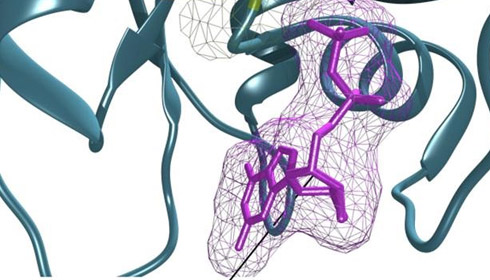
Australian Scientists Discover New Cancer Mutations in 'Junk' DNA
Researchers at the Garvan Institute in New South Wales, Australia, discovered novel cancer mutations in non-coding DNA, often referred to as 'junk' DNA. This discovery has the potential to revolutionise cancer diagnosis and treatment. The study, published in the journal Nucleic Acids Research, identifies previously unknown mutations in areas of the genome that affect at least 12 cancers, including prostate, breast, and colorectal cancer.
Dr Amanda Khoury, the co-author of the study, highlighted that non-coding DNA constitutes 98% of the human genome, lacks protein production, and was previously considered insignificant. She stated that these DNA sections contain mutations that could lead to new approaches to treating cancer.
The researchers concentrated on alterations in regions where a protein called CTCF binds. This protein helps to fold DNA into specific shapes, thereby controlling the activation of certain genes. Dr. Khoury says that these CTCF binding sites operate as genomic anchors. If these anchors fail, it may disturb the DNA's regular 3D structure, contributing to cancer.
To put this notion to the test, the researchers developed a new AI tool known as CTCF-INSITE. This programme predicts which CTCF sites are essential in 12 different forms of cancer. After analysing over 3,000 tumour samples from cancer patients, scientists discovered that these crucial locations were rife with mutations.
Dr. Wenhan Chen, the study's first author, found that all cancer samples included at least one mutation in these crucial CTCF locations. Dr. Khoury believes that these alterations most likely allow cancer cells to survive and spread. read.
These discoveries are significant since most cancer treatments target specific mutations that vary between tumours. However, Professor Susan Clark, the lead author of the study and head of Garvan's Cancer Epigenetics Lab, believes that we could design medicines that work across various cancer types due to the mutations in these CTCF sites in a variety of cancer forms.
The researchers intend to employ CRISPR gene editing to remove these mutations and determine how they affect cancer progression. Professor Clark anticipates that the mutations may reveal essential genes or pathways, enabling early cancer diagnosis or the development of innovative treatments.
This result demonstrates how artificial intelligence is assisting medical research by identifying critical information in enormous volumes of data. It represents a new area of cancer research with intriguing future prospects.